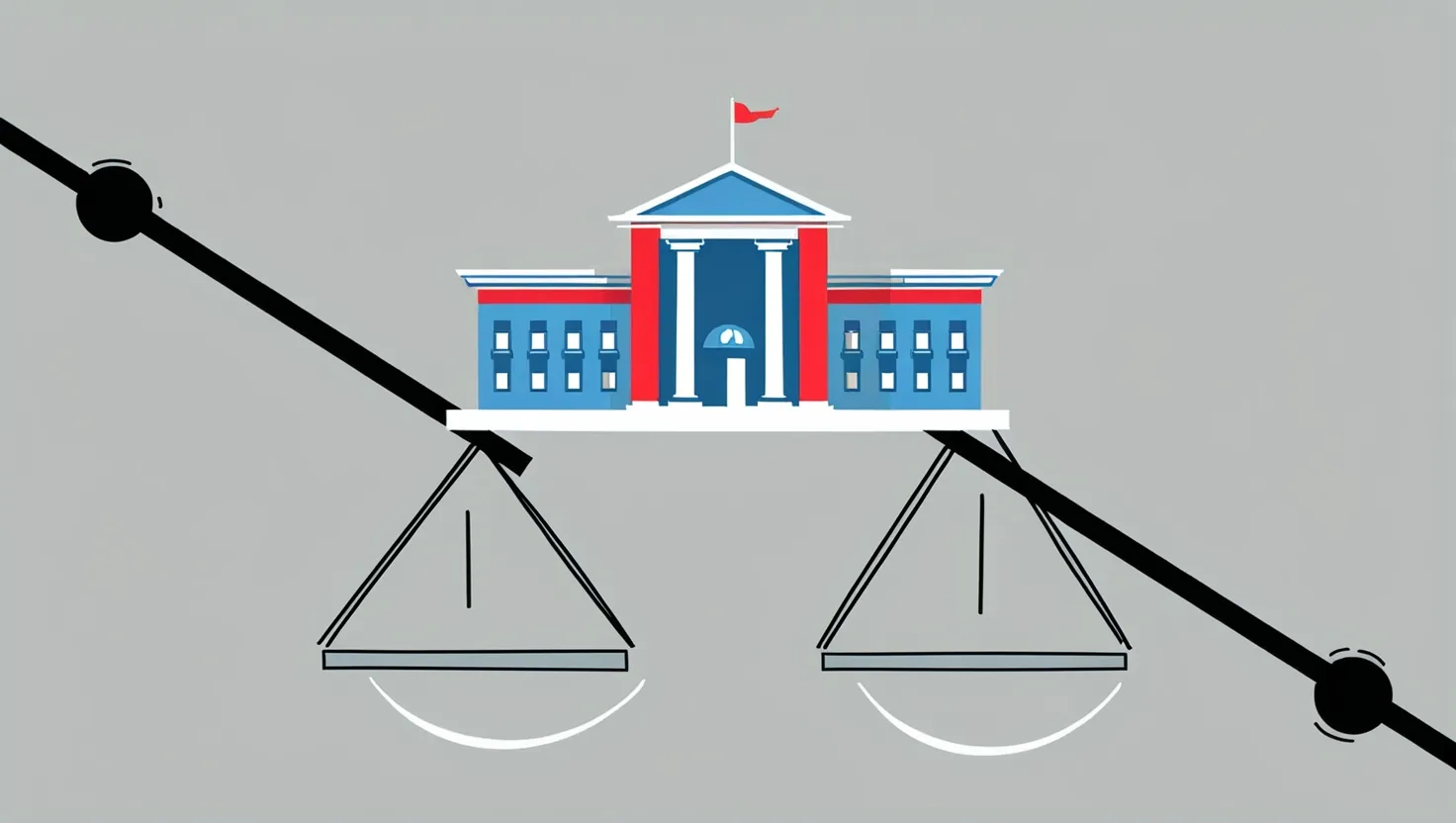In the realm of finance, where numbers and logic often reign supreme, there exists a lesser-known yet significant influence: traditional ceremonies and rituals. These age-old practices, often overlooked in the hustle of modern economic activities, play a subtle yet profound role in shaping economic behaviors across various regions.
Imagine walking through the bustling streets of a market in the Democratic Republic of the Congo, where beer sellers are not just concerned with inventory and sales, but also with the protection rituals that guard their businesses against theft. These rituals, rooted in African traditional religions, are more than just spiritual exercises; they have a direct impact on economic decision-making. For instance, when beer sellers participate in these protection rituals, they perceive a lower risk of theft, leading them to purchase more inventory, experience fewer stock-outs, and ultimately, increase their sales and profits. This phenomenon highlights how deeply intertwined spiritual beliefs can be with financial outcomes.
In other parts of the world, such as Thailand, the intersection of ritual and commerce is equally fascinating. Here, the sale of sacred objects like Thai spirit houses involves a series of rituals and negotiations that transform these objects from sacred to commercial goods. Buyers must honor the spiritual significance of these items through rituals led by monks before they can be sold for profane purposes. This process not only adds a layer of cultural richness to the transaction but also influences the market value and the buyer’s willingness to purchase.
Trade fairs and business events are another arena where rituals come into play. These gatherings are not just about networking and deal-making; they are also stages for ritualized interactions that reinforce business relationships and industry identities. The numerous conversations, business meetings, and social events at these fairs serve to foster solidarity and build social barriers, all while confirming or renegotiating power structures within the industry. For example, the lavish parties and receptions at these events are not merely social niceties; they are strategic rituals that cement alliances and establish market positions.
The influence of rituals on finance is also evident in the realm of derivatives and financial markets. Here, the concept of performativity—how rituals and practices shape the very markets they operate within—comes to the fore. The Black-Scholes equation, a cornerstone of derivative finance, is not just a mathematical formula; it is also a social practice that is ritually performed by financial actors. This equation, while theoretically sound, gains its practical significance through the rituals of financial trading, where it is used to create liquidity and stabilize markets.
Regional cultures, too, have a profound impact on corporate finance through their unique rituals and practices. In China, for instance, Confucian culture has historically influenced business decisions and economic attitudes. The emphasis on social trust, respect for authority, and long-term relationships in Confucianism shapes corporate behaviors and financial outcomes. Similarly, in other regions, religious and social trust play crucial roles in facilitating commercial transactions and addressing contracting incompleteness, thereby bolstering financial development.
The role of rituals in finance is not limited to traditional or cultural contexts; it also permeates modern startup culture. In many tech hubs around the world, entrepreneurs often seek blessings or perform rituals to ensure the success of their ventures. These practices, while they may seem anecdotal, reflect a deeper human need to connect financial success with spiritual or cultural validation.
In Japan, for example, the tradition of “hatsumode” (the first shrine visit of the year) is a ritual that many business leaders observe, seeking blessings for their companies’ prosperity in the coming year. This blend of spiritual and financial aspirations is not unique to Japan; it is a global phenomenon where entrepreneurs and business leaders seek to align their financial goals with cultural and spiritual practices.
The intersection of rituals and finance also raises important questions about the nature of economic decision-making. While economic theory often posits that decisions are made based on rational calculations, the influence of rituals suggests that emotions, cultural beliefs, and social norms play a significant role. This is particularly evident in the way rituals can mitigate risks and build trust in uncertain economic environments.
For instance, in regions where property rights are insecure, traditional protection rituals can provide a sense of security that encourages investment. This was observed in the Democratic Republic of the Congo, where beer sellers who believed in the efficacy of protection rituals were more likely to invest in their businesses, leading to better economic outcomes.
In conclusion, the influence of traditional ceremonies and rituals on modern economic practices is a rich and complex tapestry that underscores the multifaceted nature of human decision-making. These rituals, far from being mere relics of the past, actively shape economic behaviors, market outcomes, and financial decisions in ways that are both subtle and profound.
As we navigate the increasingly globalized and interconnected world of finance, understanding the role of rituals can provide a fresh perspective on the unseen forces that guide economic activities. It reminds us that finance is not just about numbers and logic, but also about the cultural, social, and spiritual contexts in which economic decisions are made. By acknowledging and respecting these intersections, we can gain a deeper appreciation for the intricate web of influences that shape our economic world.






